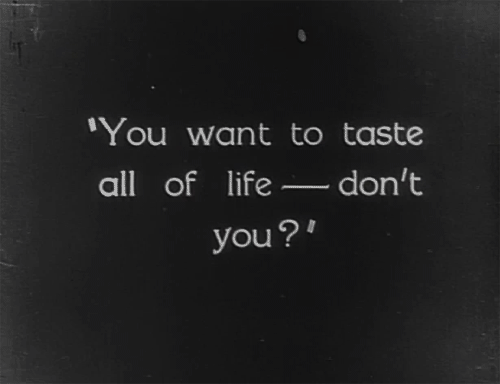This week I’m delighted to be hosting the second Girl Geek Scotland workshop in our 2019 programme, this time on Effective CVs *
“You don’t need to be actively job hunting to want to keep your CV accurate, up to date and good quality. You never know when it may be useful – perhaps an internal promotion, or an opportunity within a board for a charity.”
As with all our events it has sold out in super-quick time, but we always run a waiting list, so do still sign up if you’re interested.
We ran a consultation last year to determine the future direction of Girl Geek Scotland, and one of the most striking things we heard was from the employers and partners we work with. They described all the really excellent initiatives they run within their companies to ensure they are flexible, diverse and inclusive places to work, but when we talked about numbers of women actually applying for roles in their organisations, across the board they were seeing a lack of applicants. Networking and opportunities also came up as key themes that our community of participants were looking for and so we included the following in our Future Directions:
We will use our events and networks to build a bridge between our community and our sponsors (and other employers) to encourage more women to apply for roles.
Effective CVs is the second in a series that we’re running to specifically address this. We started in March with Meaningful Networking and we’ll be moving on to a session in May on building your online identity. We have designed this series so that it builds up into a set of practical skills and guidance that will give our community the support they need to make their next step – whatever it might be.
I’m particularly looking forward to the event this week because it’s an opportunity to do positive and meaningful work to try change things. Last week included a reminder (as if I needed one) that labour is gendered and unconscious bias is alive and well.
However, I was immediately heartened by two colleagues who are shining examples of allies willing to do the hard work to change things (Simon Horrocks and Martin Hawksey I’m looking at you) and Martin Weller snuck up the inside track over the weekend when I read his excellent contribution to the #femedtech open space on “Gatherer calories and invisible artefacts – recognising labour in OEP”
We talk a lot within the open education community about culture and power relations, and in the open source space about who can afford to participate and contribute (clue: generally white men). Over the weekend I also read a thought provoking and useful article about work within the Drupal community to improve inclusivity. It included consistently using gender neutral pronouns – including in the code – and lobbying organisations who use open source to support developers to contribute on work time (because labour is gendered, did I mention that?). I am pleased to say that I work in an organisation that supports inclusivity, diversity and all kinds of open practices, but I am aware that it’s not the norm for many.
Ben Werdmuller also provided a timely reminder of the importance of small actions to change norms. This morning I’ve removed the word “nonsense” from my Twitter bio to make space for my pronouns. That seems right. It only took a minute to do, so please consider doing the same.
FYI: this is why I have pronouns in my bio. Recommend you do the same. Normalization of this is safety for many people who need it. https://t.co/r8lwnSmbxt
— Ben Werdmuller (@benwerd) March 31, 2019
Next week I will be in Galway at the OER19 Conference, where many of these same questions about inclusion and labour will be present as we consider critical and global perspectives on the open movement within education. Any conference co-chaired by Catherine Cronin and Laura Czerniewicz is going to ensure the uncomfortable questions are present and considered. You can see the programme here.
We will be running a session at the conference on “Positioning the values and practices of open education at the core of University business”
“The vision of the University of Edinburgh is to be a global university making a sustainable and socially responsible contribution to the world. In a newly expanded partnership with edX the University aims to lower the bars of access to new groups of learners and students by offering microcredentials as a stepping stone from open to formal accreditation. Openness informs our decisions and approaches: edX is a not for profit organisation built on an open source platform; the technology and policies that drive our new pedagogical approaches at scale, are open and shared; aligned to our institutional OER policy, we build openness into the creation of all teaching materials; in the process of designing our courses the importance of equality is emphasised and we strive to ensure the academic voices foregrounded echo the diversity of the global community we teach.”
*Serious kudos has to go to Sam Rhynas and Gail Logan here, who have been doing all the hard work to actually organise the event – I’ll be picking up the slack for May on that side of things I promise!
